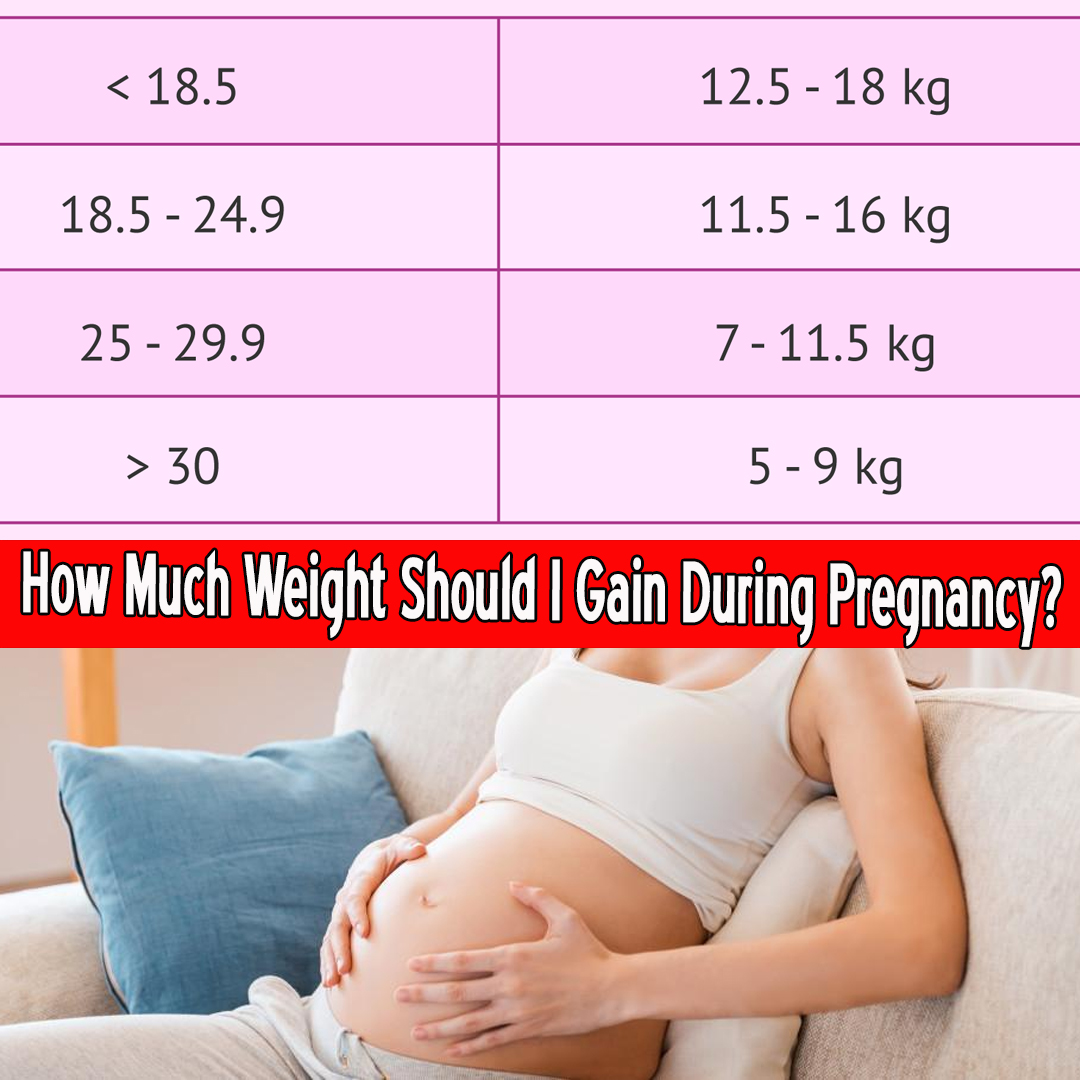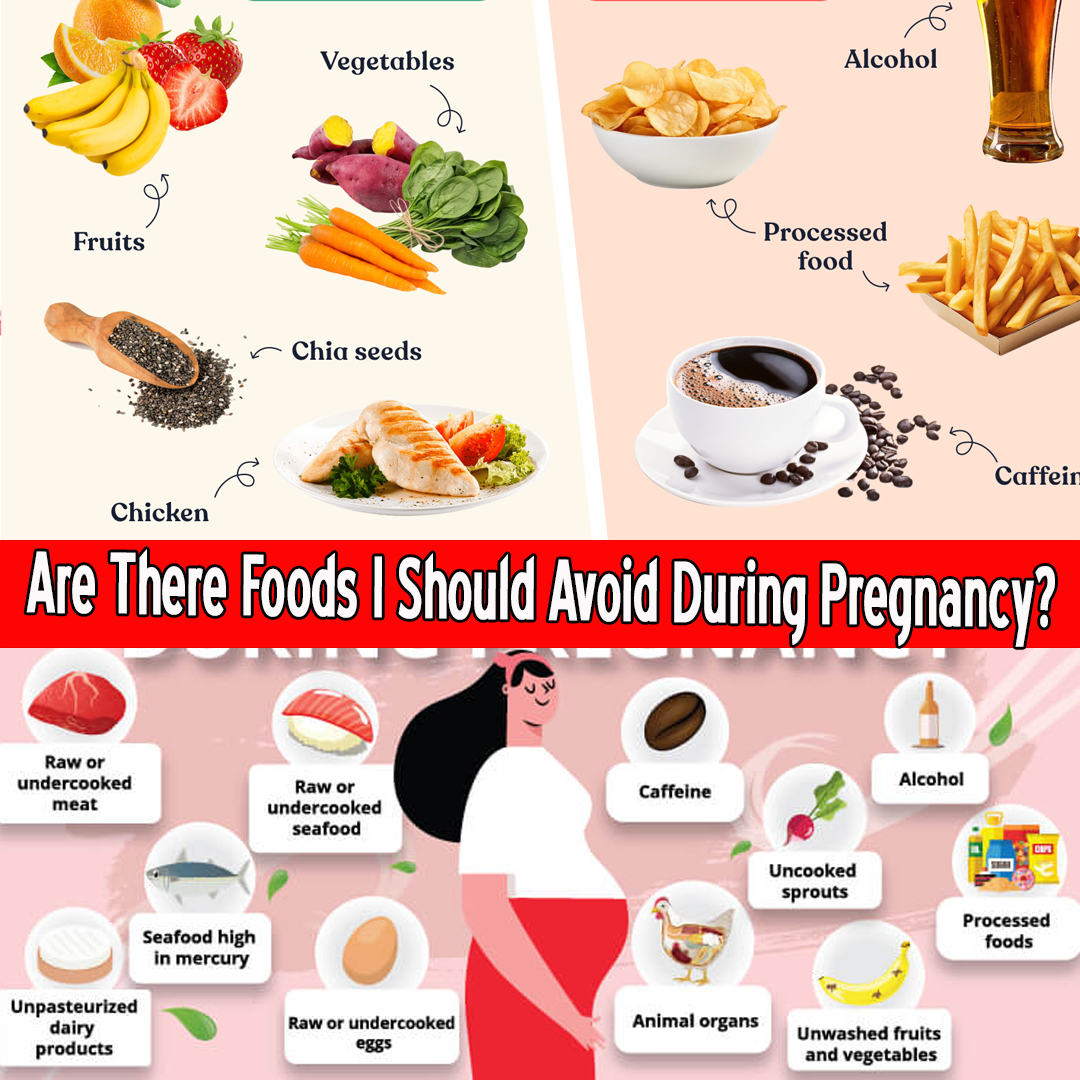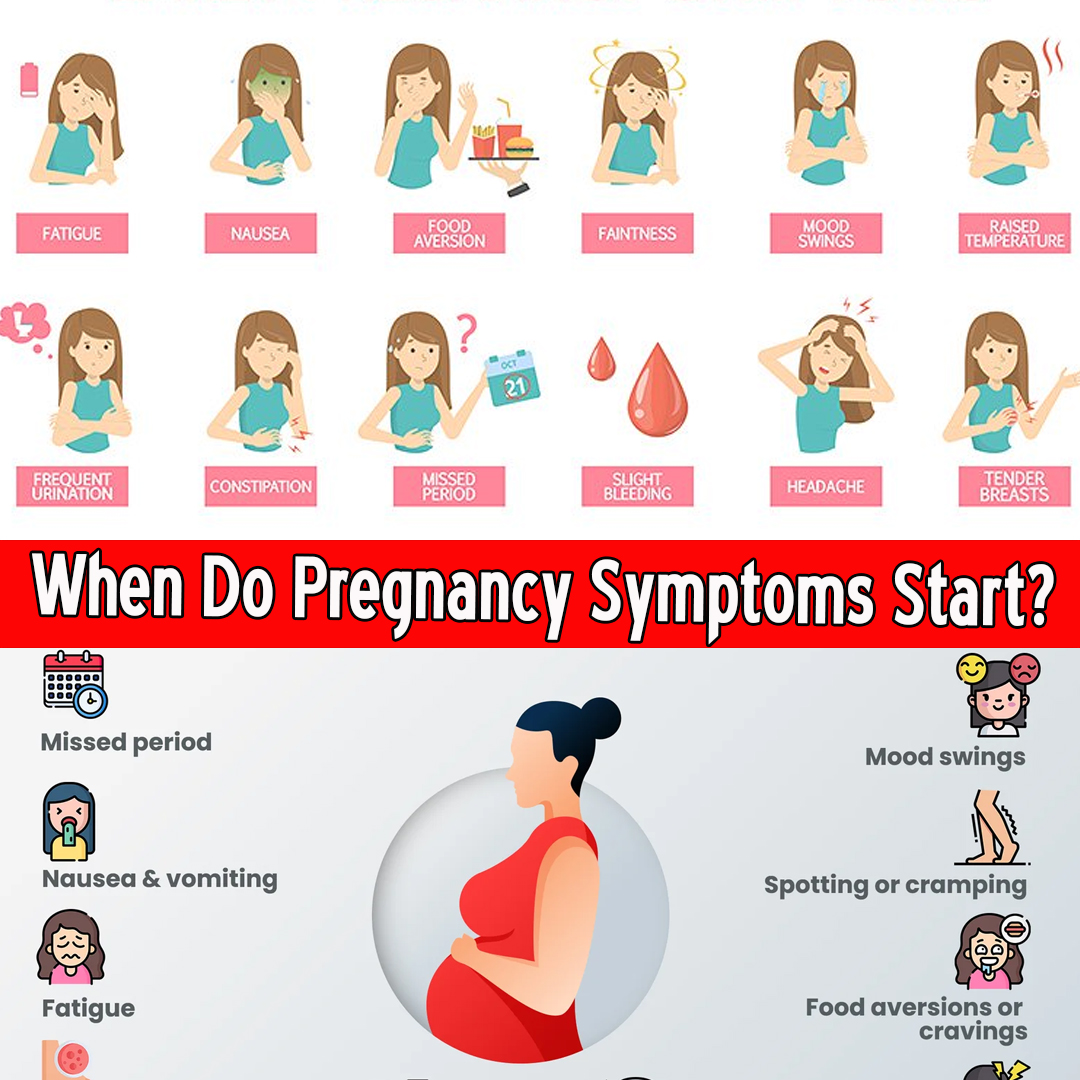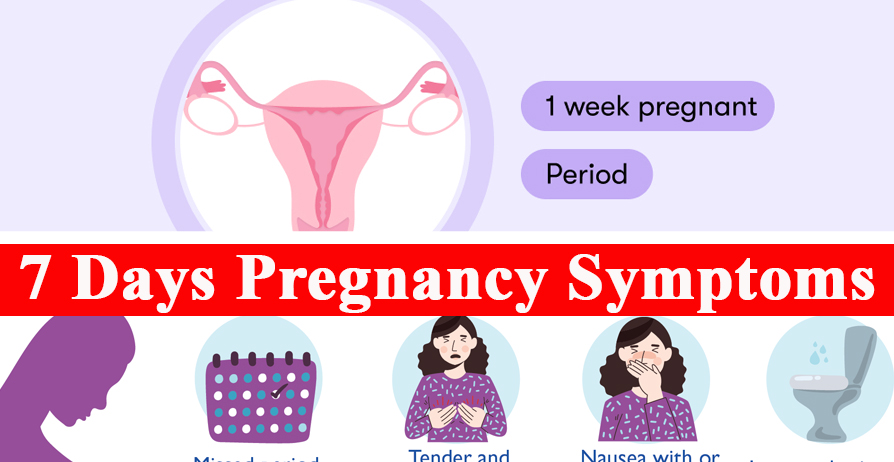How Much Weight Should I Gain During Pregnancy?
Weight gain during pregnancy is natural and essential. It supports the growing baby, placenta, amniotic fluid, maternal tissues, and increased blood volume. However, how much weight should be gained depends on several factors, especially the mother’s pre-pregnancy weight, height, health status, and whether she is carrying one baby or multiples.

How Much Weight Should I Gain During Pregnancy?
Gaining too little or too much can impact the baby’s growth and the mother’s health, increasing risks such as gestational diabetes, preeclampsia, low birth weight, or preterm delivery. Understanding target weight gain ranges, trimester-wise goals, and how to balance nutrition and activity levels is key to a healthy pregnancy.
This comprehensive essay explores the ideal weight gain ranges during pregnancy, influencing factors, trimester distribution, risks of abnormal gain, and how to manage it effectively.
1. Why Is Weight Gain Important During Pregnancy?
Healthy pregnancy weight gain supports:
- Fetal growth and development
- Amniotic fluid production
- Placenta formation
- Increased breast tissue
- Expanded blood and fluid volume
- Energy reserves for labor and breastfeeding
Proper weight gain improves the chance of a healthy full-term birth and reduces the risks of birth complications, cesarean delivery, and postpartum recovery issues.
2. How Much Weight Should You Gain?
Based on Pre-Pregnancy BMI (Body Mass Index)
The Institute of Medicine (IOM) offers general guidelines based on pre-pregnancy BMI:
| BMI Category | BMI Value | Recommended Weight Gain |
|---|---|---|
| Underweight | Less than 18.5 | 28–40 pounds (13–18 kg) |
| Normal weight | 18.5–24.9 | 25–35 pounds (11–16 kg) |
| Overweight | 25–29.9 | 15–25 pounds (7–11 kg) |
| Obese | 30 or more | 11–20 pounds (5–9 kg) |
Note: These ranges apply to women carrying a single baby.
3. Weight Gain for Twin and Multiple Pregnancies
For twin pregnancies, the recommended weight gain is higher:
| BMI Category | Recommended Gain (Twins) |
|---|---|
| Normal weight | 37–54 pounds (16–24.5 kg) |
| Overweight | 31–50 pounds (14–22.5 kg) |
| Obese | 25–42 pounds (11–19 kg) |
No standard exists yet for triplets or higher multiples, but close medical supervision is necessary.
4. Trimester-Wise Weight Gain Breakdown
Weight gain isn’t evenly distributed. Here’s a typical breakdown by trimester:
First Trimester (0–13 weeks):
- Gain is usually 1–2 kg (2–4 pounds) total.
- Some women may lose weight due to nausea and vomiting (morning sickness), which is generally not a concern if nutrition improves later.
Second Trimester (14–27 weeks):
- 0.5–1 kg (1–2 pounds) per week
- Most steady weight gain happens here due to fetal growth and development of tissues.
Third Trimester (28–40 weeks):
- Continues at 0.5–1 kg per week
- Baby gains most of its weight during this period.
5. Where Does the Gained Weight Go?
Understanding where the added kilos go helps normalize the process:
| Component | Approximate Weight |
|---|---|
| Baby | 3–4 kg |
| Placenta | 0.5–1 kg |
| Amniotic Fluid | 1 kg |
| Uterus Growth | 1–1.5 kg |
| Breast Tissue | 1–1.5 kg |
| Blood Volume | 1.5–2 kg |
| Fluid Retention | 1–2 kg |
| Fat Stores (for energy) | 2–4 kg |
Total: ~11–16 kg (25–35 pounds) — consistent with a normal-weight pregnancy.
6. Risks of Gaining Too Much Weight
Excessive weight gain can increase the risk of:
- Gestational diabetes
- Preeclampsia
- Macrosomia (baby >4 kg)
- Cesarean delivery
- Premature birth
- Postpartum weight retention
- Childhood obesity risk in the baby
7. Risks of Gaining Too Little Weight
On the flip side, inadequate weight gain can lead to:
- Low birth weight
- Preterm delivery
- Poor fetal growth
- Developmental delays
- Reduced amniotic fluid
- Increased risk of complications in labor
8. Tracking Your Weight Gain
Use a pregnancy journal or app (like What to Expect, Pregnancy+, or BabyCenter) to:
- Log weight weekly
- Compare to trimester goals
- Note eating habits
- Set reminders for prenatal checkups
Your OB-GYN will also monitor your weight at every visit.
9. Tips to Achieve Healthy Weight Gain
A. Eat Balanced Meals
Include:
- Lean proteins (eggs, chicken, fish, tofu)
- Whole grains (brown rice, oats, whole wheat)
- Healthy fats (avocados, nuts, olive oil)
- Fruits & vegetables (rich in fiber and vitamins)
- Dairy or calcium-rich alternatives
B. Don’t Eat for Two
Pregnancy only requires:
- 1st trimester: No extra calories needed
- 2nd trimester: ~300–350 extra kcal/day
- 3rd trimester: ~450–500 extra kcal/day
C. Stay Active
Unless advised otherwise, aim for 30 minutes of moderate activity, such as:
- Walking
- Prenatal yoga
- Swimming
D. Choose Nutrient-Dense Snacks
Instead of chips or sweets, go for:
- Fruit + nuts
- Yogurt + berries
- Peanut butter + whole grain toast
E. Stay Hydrated
Drink at least 8–10 glasses of water daily to support digestion and prevent bloating.
10. Cultural and Emotional Considerations
In countries like India, it’s common for family members to encourage pregnant women to “eat double.” While well-intentioned, this often leads to:
- Unnecessary calorie intake
- Rapid weight gain
- Gestational diabetes
Instead, focus on quality of nutrition, not quantity. Discuss with your healthcare provider or a dietitian to plan culturally appropriate yet healthy meals.
11. When to Consult a Doctor or Dietitian
Speak to a healthcare provider if:
- You’re gaining weight too quickly (e.g., 2–3 kg per week)
- Weight gain has stalled for over 2–3 weeks
- You experience swelling, shortness of breath, or headaches
- You’re pregnant with twins or high-risk conditions
- You have a history of eating disorders
A prenatal nutritionist can customize your diet to balance weight gain, cravings, and nutrient needs.
12. Weight Gain After Pregnancy
After delivery, many women wonder how long it will take to lose pregnancy weight.
Postpartum Tips:
- Focus on breastfeeding, which burns ~500 kcal/day
- Maintain a balanced diet — avoid crash dieting
- Start gentle exercises once approved by your doctor
- Sleep well (if possible), as fatigue increases hunger
- Consider postnatal yoga or walking with your baby
Typically, 6–12 months is a realistic time to return close to pre-pregnancy weight.
13. Myth-Busting: Pregnancy Weight Gain
| Myth | Fact |
|---|---|
| “You’re eating for two.” | Not true — calorie needs increase slightly, not double. |
| “More weight = healthier baby.” | Not necessarily — excessive weight gain increases complications. |
| “If you’re thin, you must gain more.” | Weight gain should still follow BMI-based guidelines. |
| “Gaining less will make delivery easier.” | Too little weight can affect baby’s health. |
| “You can’t lose weight during pregnancy.” | Not advised — instead, maintain healthy weight gain. |
14. Common Scenarios Explained
A. What if I gain too much too soon?
- Reassess your diet (cut sugars & processed foods)
- Add light exercise like walking
- Discuss with your doctor to rule out fluid retention
B. What if I’m not gaining enough?
- Increase meal frequency
- Add calorie-dense but healthy snacks
- Ensure you’re not skipping meals due to nausea
15. Sample Weight Gain Chart (Normal BMI)
| Week | Cumulative Gain |
|---|---|
| Week 8 | ~1 kg |
| Week 12 | ~2 kg |
| Week 20 | ~5–6 kg |
| Week 28 | ~9–10 kg |
| Week 36 | ~12–13 kg |
| Week 40 | ~13–16 kg |
Conclusion
Healthy pregnancy weight gain isn’t about following a one-size-fits-all approach. It’s about meeting your baby’s needs while maintaining your health. By understanding the weight gain range that suits your BMI, tracking it trimester-wise, and making smart food and lifestyle choices, you set the stage for a safe delivery and healthy recovery.
The key is to stay informed, nourish your body with the right nutrients, and seek guidance whenever needed. A healthy pregnancy isn’t about being perfect — it’s about being mindful, balanced, and kind to yourself every step of the way.















Leave a Reply